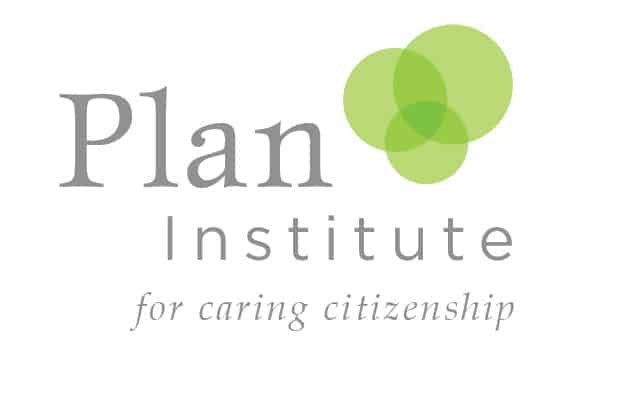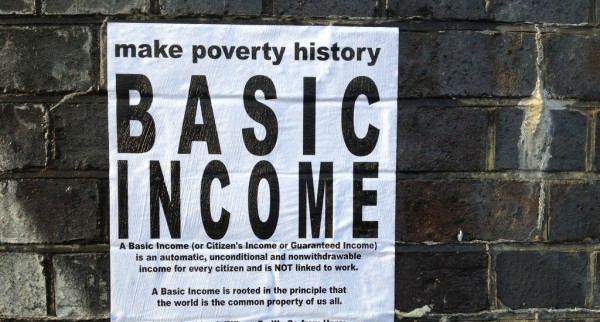What’s to be done about the soul-destroying poverty faced by people with disabilities?
Recognition would be a good place to start.
Recognition that one of the biggest barriers facing people with disabilities is their poverty. Recognition that the disability welfare system is broken. Recognition of the ways it keeps people poor and isolated. Recognition that it is time to shake things up.
That is why we are calling for the introduction of a Basic Income program for Canadians with disabilities. (Note: Basic Income is sometimes referred to as Guaranteed Annual Income.)
According to the Basic Income Earth Network (BIEN) a Basic Income is a minimum income granted on an individual basis without means test or work requirement. Basic Income is a simple and powerful 21st century idea to dramatically reduce and eliminate poverty. There are a wide variety of examples to build on from around the world. A Canadian form of Basic Income is the Old Age Security and Guaranteed Income supplement, which acts as a minimum income for seniors. And in the 1970’s Dauphin Manitoba was home to a successful Guaranteed Annual Income program. It produced many positive benefits like fewer hospital admissions, higher levels of education and stable employment. Dauphin is popularly referred to as the Canadian town where no one was poor!
Interest in Basic Income programs is spreading all over the world, including Canada. A Guaranteed Annual Income is now federal Liberal party policy. Ontario is moving forward with a Basic Income pilot under the design of longstanding champion, retired Senator Hugh Segal. Federal Social Development Minister Jean-Yves Duclos studied guaranteed-income programs before he entered politics. The Honourable Carla Qualtrough, Minister of Sport and Persons with Disabilities is quoted as being personally supportive of the idea.
Here are five reasons for implementing a Basic Income program for Canadians with disabilities:
- It is time for a bold ejection out of the welfare system. Disability benefits reform is incremental, slow moving, never ending and often focused on preventing further cuts.
- It will eliminate social stigma and restore pride. We want to end the restrictions, negativity and blame associated with being a welfare client.
- Poverty and social isolation go hand in hand for far too many people with disabilities.
- It would save the costs of managing the Disability benefits welfare system. This is needlessly expensive to the individual and to society.
- The RDSP has set a number of precedents (no asset test, no claw-back and no monitoring) which are at the heart of Basic Income and should make it easier to implement.
It’s time for dignified economic citizenship for Canadians with disabilities. We want a country without poverty, where everyone belongs and where everyone is valued. We also want to replenish souls. We believe Basic Income will do that.
We would welcome your involvement.
– Tim Ames, Executive Director of PLAN & Plan Institute; Faith Bodnar, Executive Director of Inclusion BC; Jane Dyson, Executive Director of Disability Alliance BC; Al Etmanski, Author & Co-Founder of PLAN & Plan Institute; Neil Belanger Executive Director of BC Aboriginal Network on Disability Society, and Richard Faucher, Co-Executive Director of Burnaby Association for Community Inclusion
For more on this topic, read Basic Income for People with Disabilities by Jane Dyson, Executive Director of DABC

